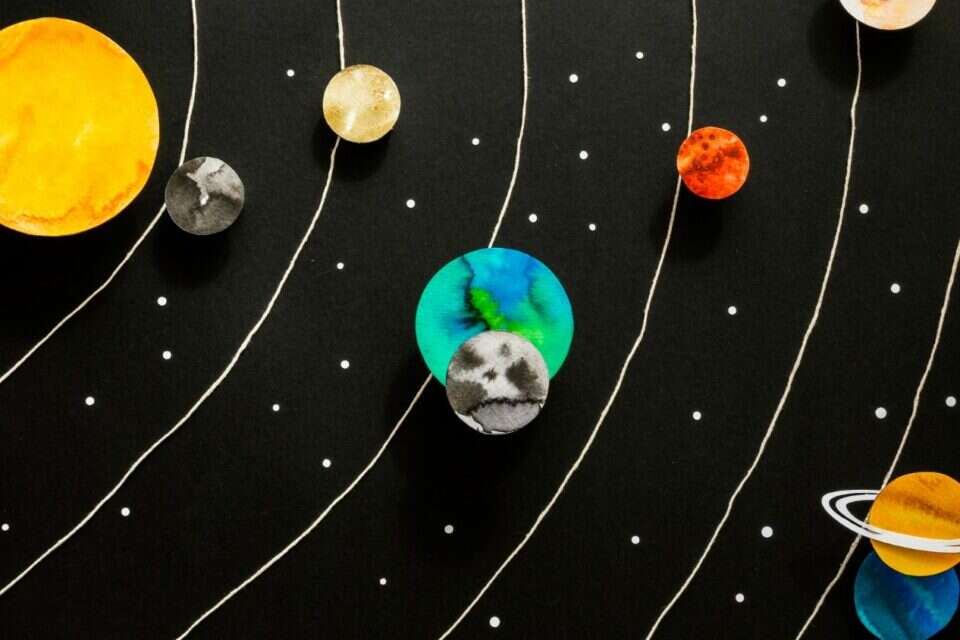What is the closest planet to earth?
This may sound like a simple question - but the truth is that it is far from being so, and therefore has more than one correct answer, depending on the intention and the context.
We enlisted the help of Claude to present all the right options.
If you ask only about the potential proximity - the planet Venus is the "winner", since when the orbits are aligned between us and it the distance between the Earth and it is only 38 million km. However, the different rotation speeds of the planets around the Sun mean that most of the time The distances are much greater - and thus the next two stars in line with the potential for the correct answer become correct answers as well. Mars can reach a distance of about 55 million km, and Mercury can reach a distance of 77 million km.
Therefore, the determination of which of the planets is closest to us at this moment can change.
Right now, as of January 2024, it is Venus - but in 8 months it will be Hema, and only two months later Mars.
Logically then, astronomers use the average distance over time to determine proximity between planets – but even common averages are not free of biases – as orbital biases, where the orbits of stars change slightly over time, cause the averages to constantly shift.
If we take the average of the last thousand years, the closest planet to us on average is Hema - 155.5 million km from us on average. Mars is in second place (158 million km) and Venus is only in third place (170 million km).
Another calculation made by astronomers is the total amount of time each of our neighbors spent closest to us in the last 100,000 years - and here, again, Hema is in first place (47% of the time), Venus in second place (36%) and Mars in third place (17% of the time) .
were we wrong
We will fix it!
If you found an error in the article, we would appreciate it if you shared it with us

